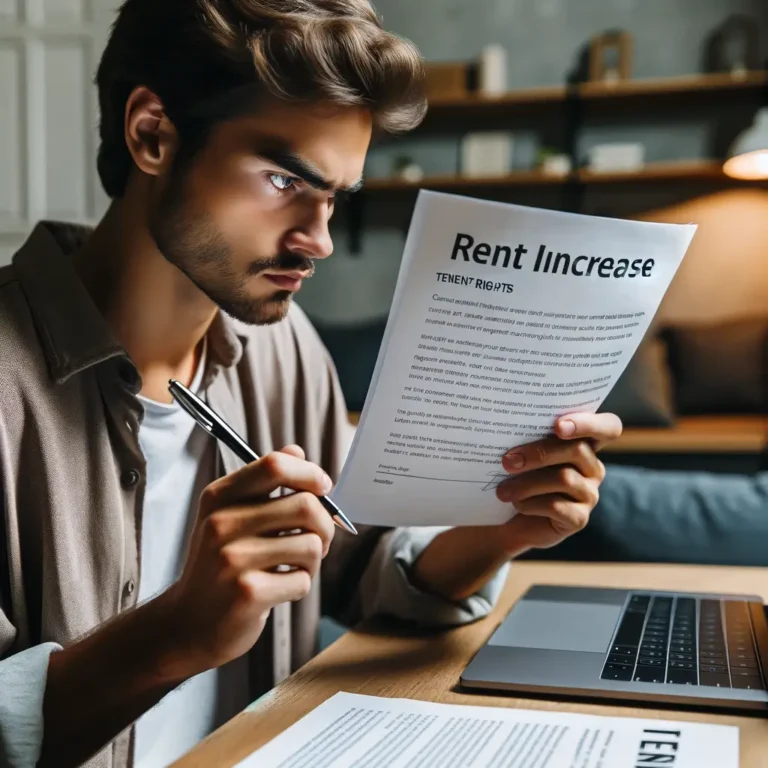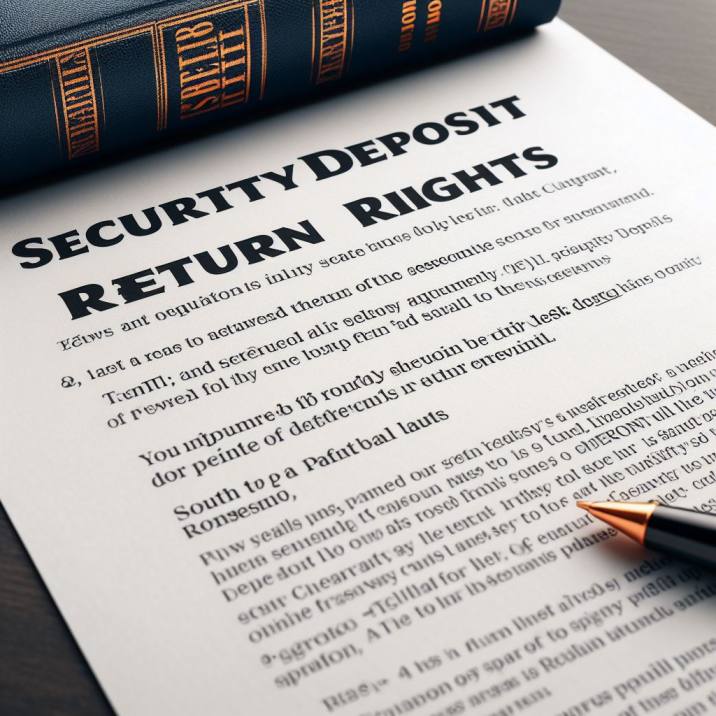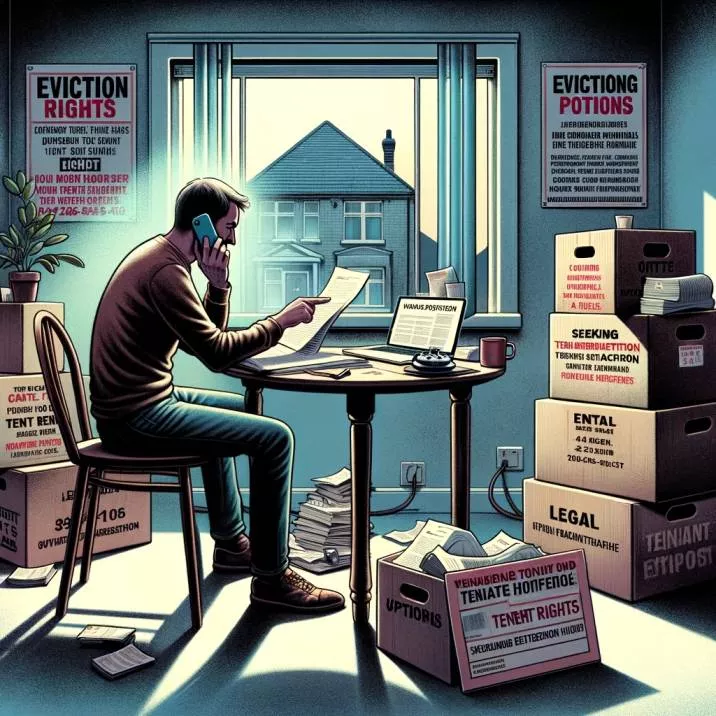Noisy Neighbor Lawsuit? Navigating the legal options for peace and quiet.
When your apartment turns into a cacophony, who’s responsible?
Living in close quarters comes with its perks, but loud neighbors can turn your dream home into a daily sonic nightmare. Before blasting heavy metal at your landlord’s door, though, let’s explore your legal options for reclaiming peace and quiet.
The Implied Covenant of Quiet Enjoyment: Your Right to Peaceful Respite
Most leases include an implied covenant of quiet enjoyment, guaranteeing you the right to live in your apartment without unreasonable noise disturbances. This means your landlord has a responsibility to take reasonable steps to address excessive noise from other tenants.
But what constitutes “unreasonable noise”?
Every situation is unique, but generally, courts consider factors like:
- Volume and duration: Is the noise loud enough to prevent you from sleeping, working, or enjoying your home? Does it occur persistently or only at specific times?
- Time of day: Loud parties after 10 :00 PM are more likely to be deemed unreasonable than daytime laughter.
- Type of noise: While occasional vacuuming might be tolerated, constant drum practice might tip the scales.
So, can you sue? It depends.
Option 1: Work with your landlord first.
Communication is key. Inform your landlord about the noise issue, provide specific details, and request their intervention. Document your communication in writing for future reference.
What your landlord can do:
- Mediate with the noisy neighbor.
- Enforce lease provisions against noise disturbances.
- Install soundproofing measures (in some cases).
Option 2: Escalate the issue:
If your landlord remains unresponsive or ineffective, consider:
- Filing a formal complaint with local authorities. Noise ordinances regulate acceptable noise levels, and exceeding them can result in fines for the offending neighbor.
- Contacting a tenant union or legal aid organization for guidance.
Option 3: Suing your landlord regarding being noisy.
Suing should be a last resort. It can be costly and time-consuming, and success depends on proving:
- The noise is unreasonable and violates your right to quiet enjoyment.
- You informed your landlord and they failed to take reasonable action.
- You suffered damages (e.g., sleep deprivation, medical issues, diminished property value).
You can read :- Benefits of Expert Lawyer
What you can potentially recover:
- Monetary damages for your inconvenience and suffering.
- An injunction requiring your landlord to address the noise problem.
- Early termination of your lease in extreme cases.
Before you unleash the lawyers regarding noisy neighbor lawsuit:
- Consider mediation or arbitration. These alternative dispute resolution methods can be faster and less expensive than going to court.
- Document everything! Keep notes on the noise incidents, including dates, times, and types of noise. Gather witness testimonies if possible.
- Consult a lawyer if you’re unsure of your rights or considering legal action.
Conclusion:
A noisy neighbor may disrupt your peace, but you have options. By knowing your rights and taking the right steps, you can reclaim your oasis of calm.
Noisy Neighbor Lawsuit:- FAQ (FREQUENTLY ASKED QUESTIONS)
Q: Can I sue my landlord for a noisy neighbor?
A: In some cases, yes. It depends on the severity of the noise and the actions your landlord has taken to address the issue.
Q: What steps should I take before considering legal action?
A: Try resolving the issue informally first by discussing it with your neighbor or reporting it to your landlord.
Q: How can I document the noise issue?
A: Keep a record of the dates, times, and nature of the disturbances. Consider audio or video recordings if possible.
Q: What responsibilities does my landlord have regarding noise complaints?
A: Landlords are generally responsible for maintaining a quiet and peaceful living environment. They should address valid noise complaints promptly.
Q: How many noise complaints should I make before taking legal action?
A: There is no specific number, but it’s advisable to give your landlord a reasonable opportunity to resolve the issue.
Q: Can I break my lease due to excessive noise?
A: It depends on your lease terms and local laws. Consult with legal advice to understand your options.
Q: What if my landlord is unresponsive to my complaints?
A: Document your attempts to contact your landlord and consider involving local authorities or seeking legal advice.
Q: Can I sue my neighbor directly for the noise?
A: Yes, it’s possible, but resolving the issue through your landlord or local authorities is often a more practical first step.
Q: Is there a legal noise limit for residential areas?
A: Noise regulations vary by location. Check local ordinances to determine acceptable noise levels.
Q: What evidence is useful in a noise-related lawsuit?
A: Detailed records, witness statements, and any documented communication with your landlord can be valuable.
Q: Can I withhold rent due to a noisy neighbor?
A: Generally, it’s not advisable to withhold rent without proper legal guidance, as it may lead to eviction.
Q: Can I request a transfer to another unit within the same property?
A: Check your lease agreement and discuss the possibility with your landlord.
Q: How long does it take for a noise-related lawsuit to be resolved?
A: Timelines vary, but legal processes can take several months to a year or more.
Q: Can I use noise-cancelling devices as evidence?
A: Yes, recordings or records of noise-cancelling device usage can support your case.
Q: Is there a time frame within which I must file a lawsuit?
A: Statutes of limitations vary, so consult with a lawyer promptly if you’re considering legal action.
Q: Can my landlord evict the noisy neighbor?
A: If the neighbor violates the terms of their lease, eviction may be a possibility, but it’s at the discretion of the landlord.
Q: Can I sue for emotional distress caused by the noise?
A: It’s challenging but not impossible. Consult with a lawyer to discuss the specifics of your situation.
Q: Can I involve the police in a noise complaint?
A: Yes, you can call the police for excessive noise, but it may not directly result in a lawsuit against your landlord.
Q: Can I negotiate a lease termination with my landlord?
A: It’s possible, but cooperation from your landlord depends on the terms of your lease and local laws.
Q: Can I request a reduction in rent due to the ongoing noise issue?
A: Discuss this with your landlord; they may be willing to negotiate, especially if the noise significantly affects your quality of life.
Q: What if the noise is due to construction work by the landlord?
A: Check your lease and local regulations; landlords may have the right to perform necessary maintenance with proper notice.
Q: Can I claim damages for the disruption caused by the noise?
A: It depends on the specific circumstances. Consult with a lawyer to determine if you have a valid claim.
Q: Can I use social media posts as evidence?
A: Yes, public posts about excessive noise may be used as evidence, but their credibility can vary.
Q: Can I involve the homeowner’s association in resolving the issue?
A: If applicable, the homeowner’s association may have procedures for handling noise complaints.
Q: Can my landlord retaliate if I file a noise-related lawsuit?
A: Retaliation is illegal in many jurisdictions. Familiarize yourself with local tenant protection laws.
Q: Can a property manager be held responsible for noisy tenants?
A: It depends on the property management agreement and their level of control over tenant behavior.
Q: Can I mediate the issue rather than pursuing legal action?
A: Mediation can be an effective alternative. Check if your local community has mediation services.
Q: Can I add noise-related clauses to my lease agreement?
A: You can discuss specific noise provisions with your landlord before signing the lease.
Q: Can I sue if the noise affects my health?
A: If you can establish a direct link between the noise and your health issues, it may be a valid basis for a lawsuit.
Q: Can I sue if the noise violates building codes or zoning regulations?
A: Yes, violations of building codes or zoning regulations may strengthen your case against your landlord.
Sources:-
1. Can we sue our neighbors for making noises at night or throwing loud parties?
















